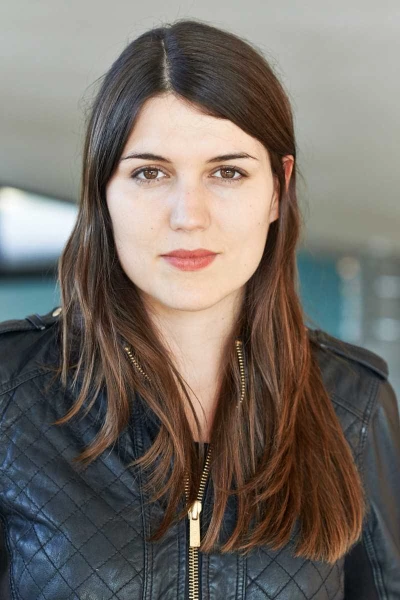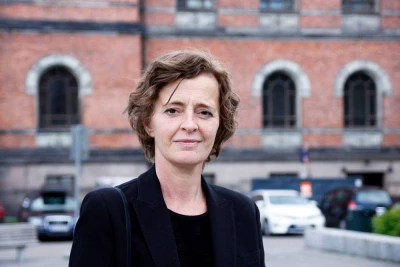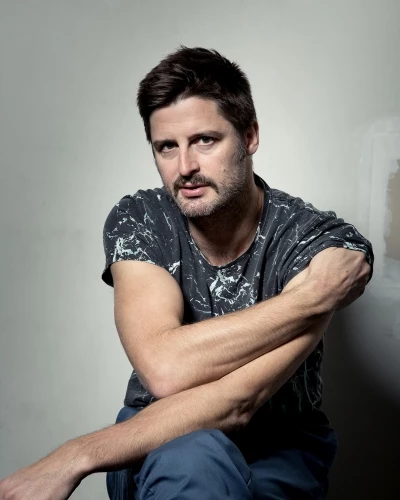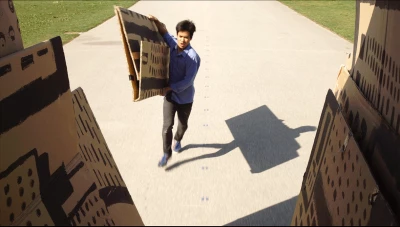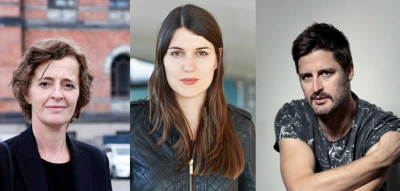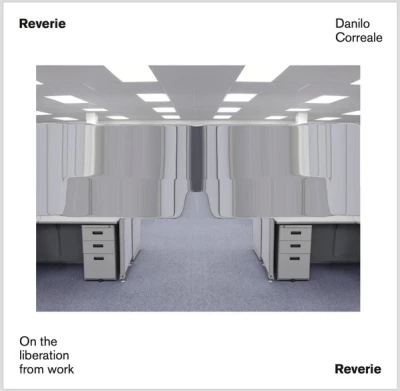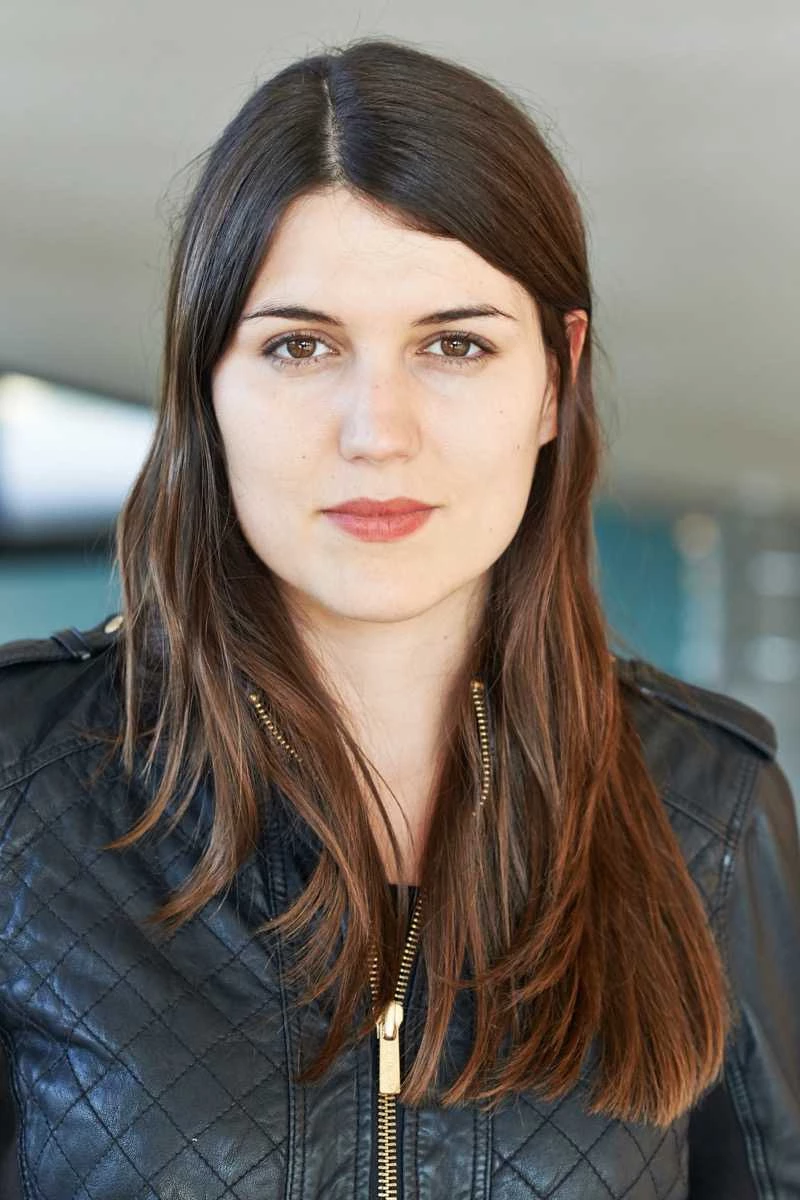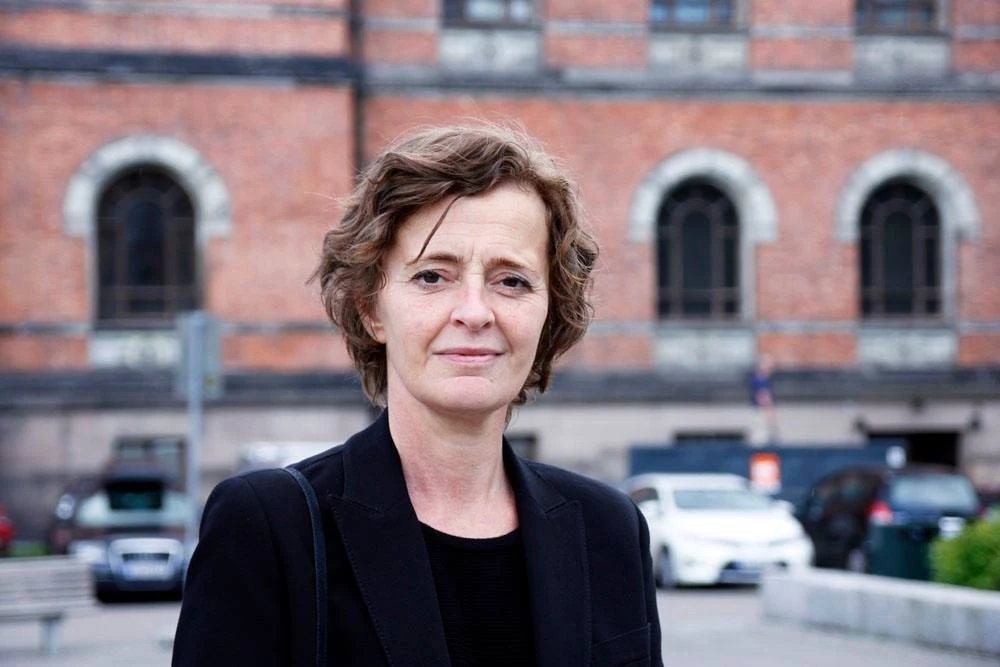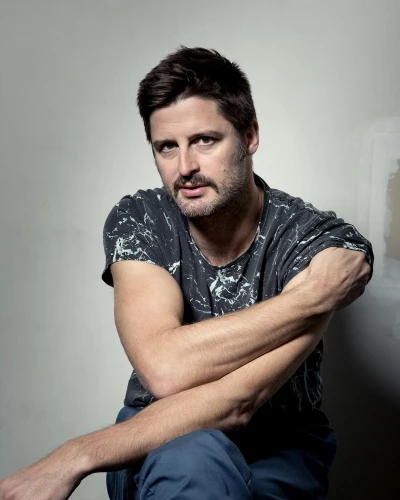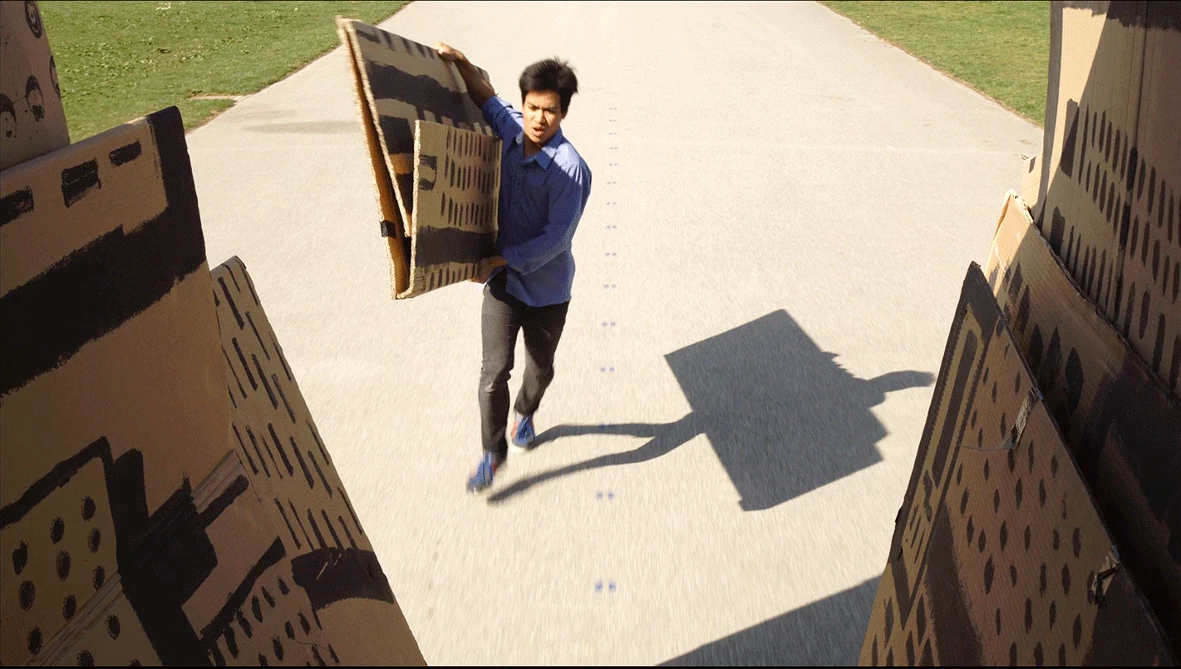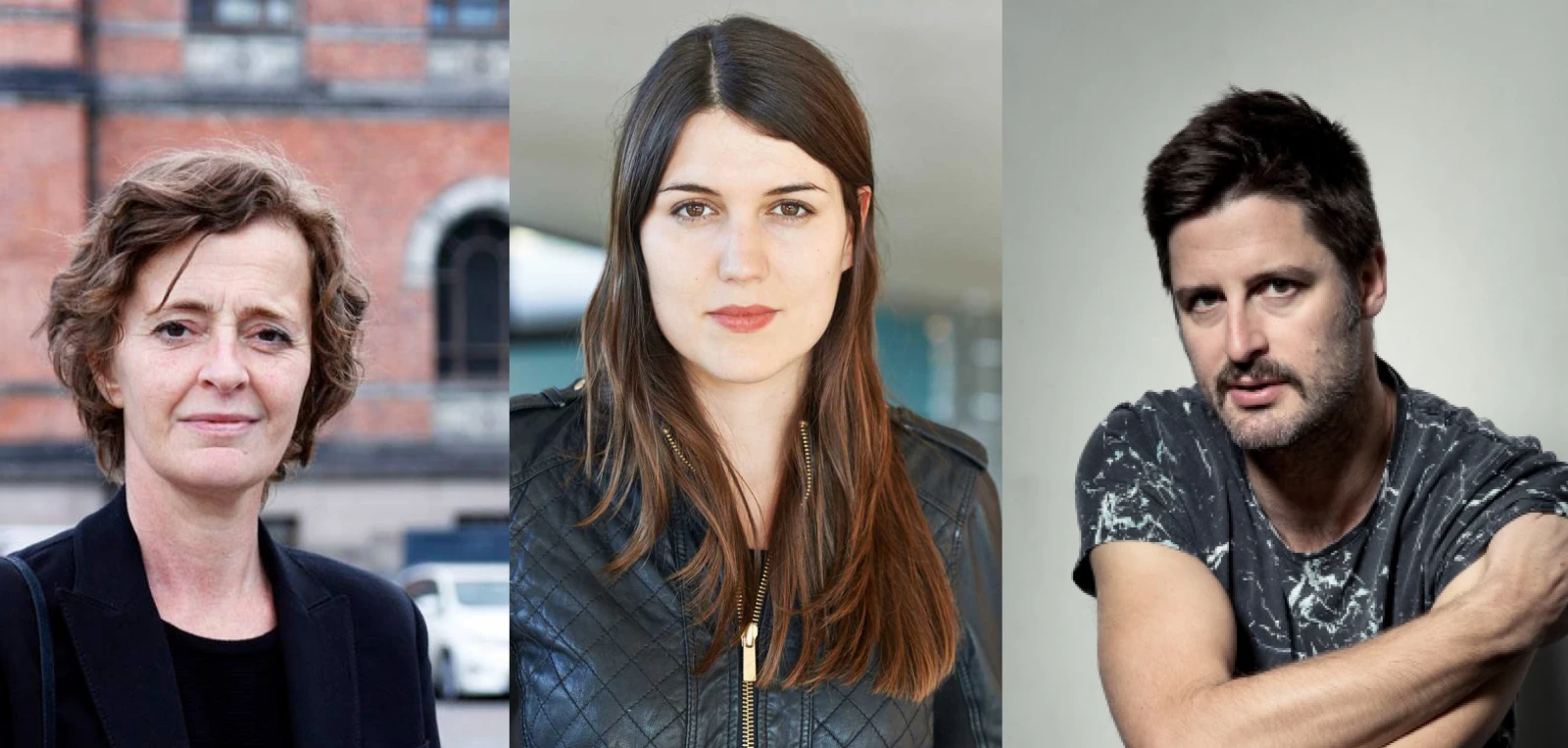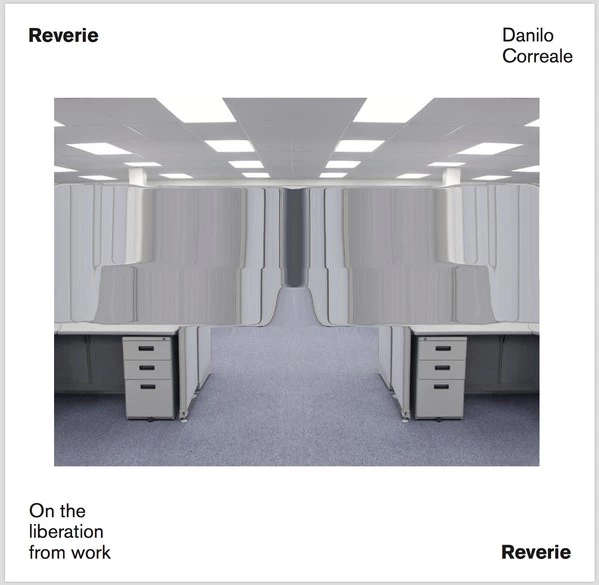Prossimità di spazi e tempi
Curated by
Martina Angelotti and Caterina Riva
with
Andrea Phillips, Christophe Meierhans e Alex Martinis Roe
IN COLLABORATION WITH
Agreements to Zinedine – ATZ, Ariella Vidach, Boite, Il Colorificio, DANAE Festival, Edicola Radetzky, FANTA Spazio, Kunstverein Milano, MEGA, Pelagica, T-Space, The Classroom, UOVO Kids, Viafarini, Wurmkos, ZONA K
from 18.09.2017 to 24.09.2017
In 2017, Careof celebrated its 30th anniversary and used this occasion as a pretext to reflect on its own history, involving artists, curators, and professionals active in the city of Milan (non-profit spaces, festivals, theatre organizations, artist-run spaces, independent publishers), while also considering the future of each of us as active agents in the local and extra-local cultural context.
Starting from the questions who are we, what are we for, and how do we want to continue, and with the goal of shifting the focus toward doing well and doing better—rather than merely surviving or succumbing—we invited three international guests, Andrea Phillips, Christophe Meierhans, and Alex Martinis Roe (Formations) to lead a five-day workshop aimed at collectively developing various themes and reflections concerning the practices of all participants involved.
From September 18 to 24, 2017, Careof offered itself as a physical space and a laboratory opportunity for independent Milan-based organizations, invited to engage with the following macro-areas—explored by each participant and the invited tutors: understanding the impact of cultural production within the local context and its “deferred value”; imagining alternative economies in support of artistic practices; and adopting artistic methodologies in the management of a cultural organization. A technical and at times science-fiction-like exercise, this process helped us bring back into focus crucial words for our profession and the role it plays in the social context.
Prossimità di spazi e tempi aims to introduce new methods and new vocabularies for redefining the role of actors within the social and cultural sphere. The project—even in its visionary aspects—was conceived with the specific goal of reclaiming the space of relationship, of caring for our time and our work, within a reality that appears peaceful but is actually terribly compulsive, and with which we are often forced to engage.
How can a cultural organization build community? How can it work to speak to and experience its audience? Can the value produced by a non-profit organization for contemporary artistic research be measured not only through numbers, but through its social impact? How do its internal policies and its methods of distributing and remunerating labor respond to the current crisis? These are some of the questions we will begin with.
During the weekend of September 22–24, Careof becomes a space for self-reflection, hosting interventions conceived as small events unfolding in parallel to the ideas explored during the days of the workshop.
In the increasingly urgent context of the global economy and a rapidly changing labor landscape, artist Danilo Correale presents Reverie: On the Liberation from Work, a sound piece developed in New York in collaboration with a psychotherapist and hypnotherapist. The work consists of two guided hypnosis recordings designed to relax the body and mind in preparation for a post-work society. Careof here serves as a listening salon, where the public can experience hypnosis through audio headphones.
In the same space, visitors will also be able to take part in Fake Therapy, a practice initiated by Valentina Desideri in 2010, which uses pre-printed cards to “heal” the other person. And if the “cures” are effective, even the utopias depicted in the film X-Ville by Jordi Colomer might become real—if viewed with the right perspective. The film was produced in collaboration with a group of students and with the participation of residents of the city of Annecy, France.
The workshop was preceded by a series of in-depth texts selected and published online, thanks to the collaboration of KABUL magazine.
Here is the first text.
Here is the second text.
PROGRAM
18 > 22.09.2017
Workshop with professionals
22 > 24.09.2017
From 10 AM to 7 PM
Looped works by:
Danilo Correale, Reverie, 2017, audio installation (individual hypnosis session);
Valentina Desideri, Fake Therapy, 2010 – ongoing, one-to-one card-reading session;
Jordi Colomer, X-Ville, 2015, video, 23'
Saturday 23.09.2017
From 12 PM to 3 PM
Breakfast @careof
GUESTS BIO
Andrea Phillips
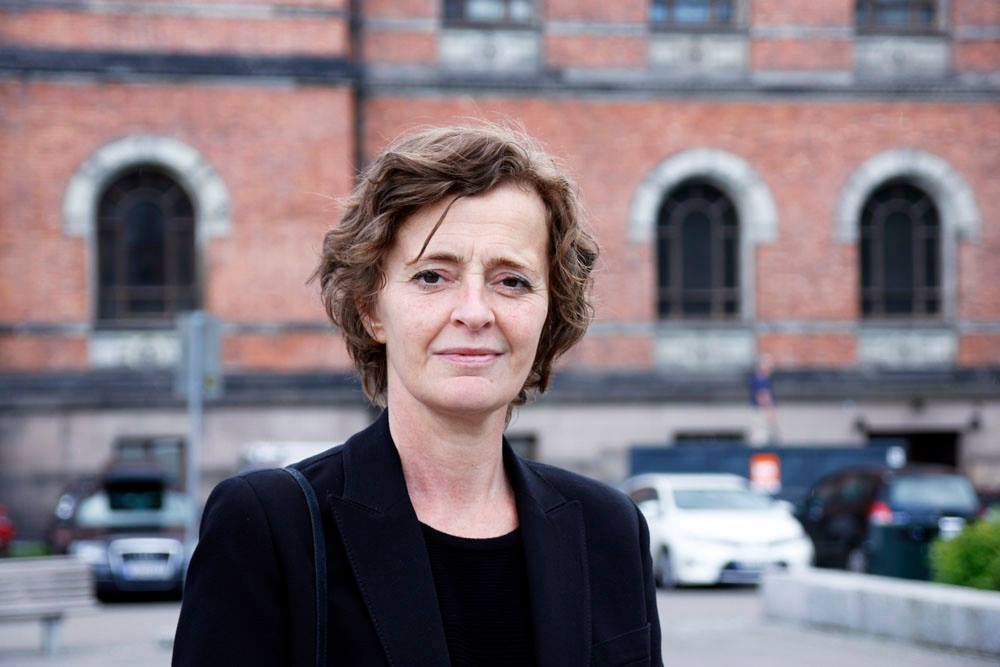
Andrea Phillips is PARSE Professor of Art and Head of Research at the Valand Academy, University of Gothenburg. Phillips lectures and writes about the economic and social construction of publics within contemporary art, the manipulation of forms of participation and the potential of forms of political, architectural and social reorganization within artistic and curatorial culture.
Recent and ongoing research projects include: Curating Architecture, a think tank and exhibition examining the role of exhibitions in the making of architecture’s social and political forms (AHRC 2007-2009). Actors, Agent and Attendants, a research project and set of publications that address the role of artistic and curatorial production in contemporary political milieus (in collaboration with SKOR 2009-2012), co-director with Suhail Malik, Andrew Wheatley and Sarah Thelwall of the research project The Aesthetic and Economic Impact of the Art Market, an investigation into the ways in which the art market shapes artists’ careers and public exhibition (2010-ongoing), Public Alchemy, the public programme for the Istanbul Biennial 2013 (co-curated with Fulya Erdemci), Tagore, Pedagogy and Contemporary Visual Cultures (in collaboration with Grant Watson and Iniva, AHRC 2013-2014), How to Work Together (in collaboration with Chisenhale Gallery, Studio Voltaire and The Showroom, London 2014-ongoing).
Alex Martinis Roe
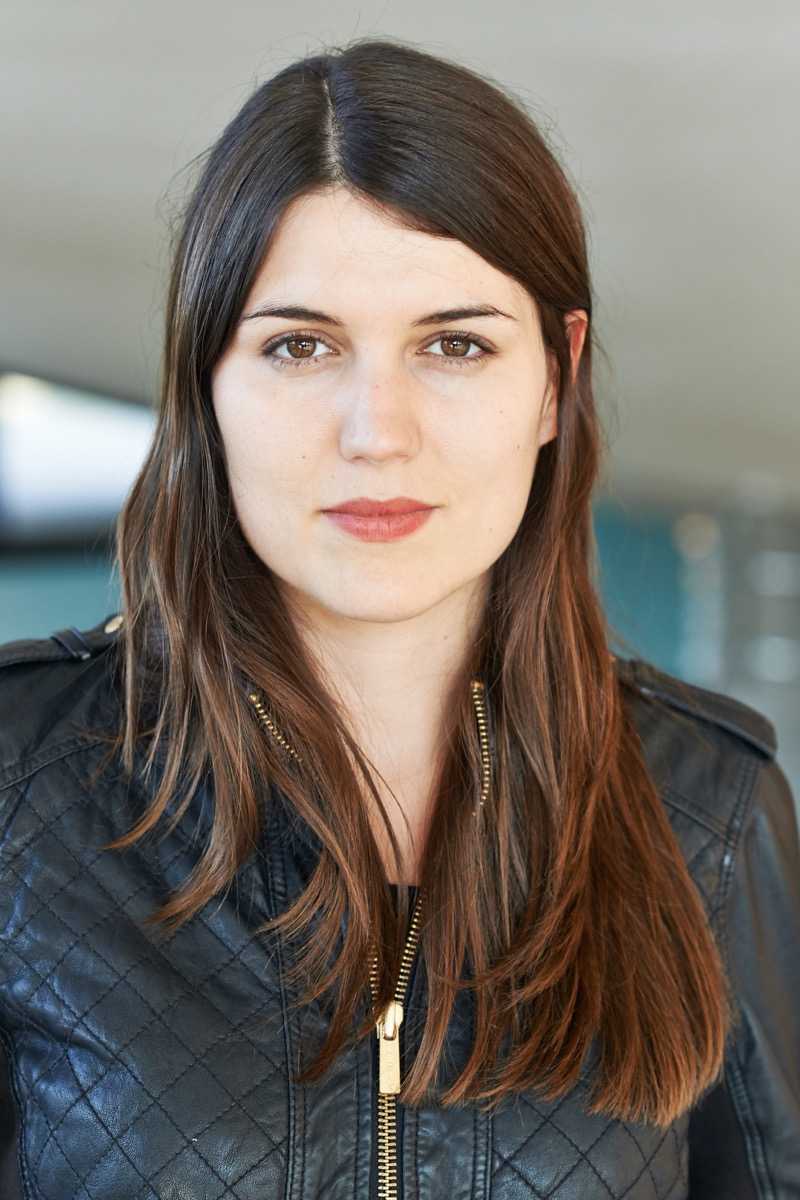
AMR was born in Melbourne, Australia in 1982 and have lived and worked in Berlin since 2009. Her current projects focus on feminist genealogies and seek to foster specific and productive relations between different generations, as a way of participating in the construction of feminist histories and futures. This involves developing research and storytelling methodologies, which employ non-linear understandings of time, respond to the specific practices of different communities, experiment with the dispositives of discursive encounter, and imagine how these entanglements can inform new political practices. In addition to her current research project To Become Two, she is exploring these methodological concerns in collaboration with theorist Melanie Sehgal and a research group called FORMATIONS, which began within the framework of the Haus der Kulturen der Welt.
Christophe Meierhans
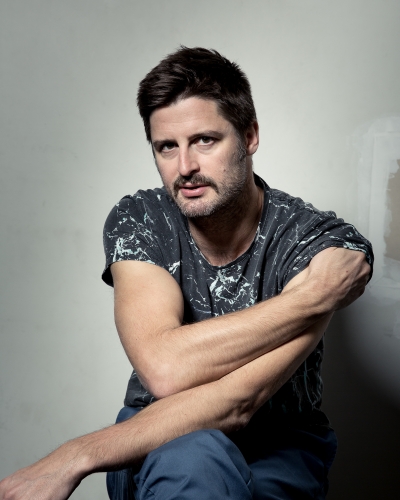
ARTISTS BIO
Jordi Colomer
Jordi Colomer was born in Barcelona in 1962. He presently lives and works between Barcelona and Paris. Enjoying a gifted and marked sculptural sense, his work spans many mediums, centring on photography, video and the staging of both in exhibition areas. Often the creation of situations -befitting a kind of "expanded theatre"- allows the spectator to assess his/her relationship with the productions and his/her role in and before these. The variety of mediums called forth by Jordi Colomer's work and the transversality of his judgement undoubtedly are linked to his fragmentary education as architect, artist and art historian in progressive 1980s' Barcelona. Beginning with the "Alta Comèdia" (High Comedy) exhibition, (tinglado 2, Tarragona,1993), Colomer began to fuse his sculptural work, elements of theatre staging and architectural references. From those years on (in particular after he discovered the German avant-garde cinema of the thirties), video started to stand out as the main mediator in the relationship the artist had with performance art, theatre and sculpture. In 1997 he showed his first video work "Simo" at a site-specific projection room built inside the Barcelona Museum of Contemporary Art (MACBA). This strategy enabled Colomer to superimpose theatrical space, the installation as an inhabitable sculpture and cinematographic micro-narration. That was how he produced pieces such as Pianito (The Little Piano, 1999), Les Jumelles (The Twins, 2000) or Le Dortoir (The Dormitory, 2001), which would complete a period marked by work in extreme film set constructions, where the set entirely determines the characters' behaviour.
From 2001, Jordi Colomer's staging investigation extends to urban space and an exploration of the different scenes of social life (neighbourhoods, streets, rooftops…) and his reverse the desert. This phase of his work is determined by different urban sets he is seeking or rediscovering. This is what led to works such as Anarchitekton (2002-2004), a travelling project involving four cities (Barcelona, Bucharest, Brasilia, Osaka), NoFuture (filmed in Le Havre, 2006, reenacted for Manifesta X, St. Petersbourg, Russia, 2014) or Arabian Stars (Yemen, 2005), among many others. It is also behind his most recent works En la Pampa (In the Pampa, made in the Atacama desert, Chile, 2008), Avenida Ixtapaluca (houses for Mexico) (Mexico, 2009) or The Istanbul Map (Istanbul, 2010), the tryptich What will come (New York, 2010), Medina Parkour (Tetouan, Morocco, 2013) or Sjobadet Alphabet (Norway. 2014). These are journey-works where the issue of movement keeps coming back, and where the isolated actions of a character condenses reflection (but not without a degree of absurd humour) on the possibilities of poetic survival offered by the contemporary metropolis.
Some of the more recent work do research on the many facets of utopia or dystopia and its relationship with fiction and history; At L' avenir (2010), we follow a group of pioneers in a free interpretation of the Phalanstery project of Charles Fourier. Prohibido cantar / No Singing (2012 ) superimposes imaginary cities and unrealized projects . Here the founding of a city, evokes the failed mega - projects of casino-citiy in Spain ( as Gran Scala, Eurovegas ) and at same time the City of Mahagonny described by Bertoltd Brecht in the moment that Las Vegas began. La Soupe Americaine / The American Soup on the provisional postwar shelters (Normandy , 2013 ) or The Svartlamon Parade ( Trondheim , Norway, 2014 ) incorporate archive footage to place the present in a critical position.
Valentina Desideri
Valentina Desideri is an Amsterdam-based artist. She trained in contemporary dance at the Laban Centre in London (2003–2006) and later on did her MA in Fine Arts at the Sandberg Institute in Amsterdam (2011–13). She does Fake Therapy and Political Therapy, she co-organises Performing Arts Forum in France, she speculates in writing with Prof. Stefano Harney, she writes biographies by reading people’s hands, she engages in Poetical Readings with Prof. Denise Ferreira da Silva.
Danilo Correale
Danilo Correale is an artist and researcher born in 1982 Naples, Italy, and he lives and works in New York and Napoli. In his work he analyzes aspects of human life, such as labor-leisure, and sleep under the lenses of time and body. His work has been presented in numerous group exhibitions, including Work it,Feel it, Kunsthalle Wien, Sick Time Sleepy Time Trip Time, EFA, NY, Pigs, Artium Museum, Spain (2016), Nahmad Projects Gallery , London,( 2016 ) Ennesima, Trienniale Milano (2015), Kiev Biennial, Kiev (2015), Museion, Bolzano (2015) Per-formare una collezione, Madre Museum Naples (2014), Steirischer herbst, Graz, (2013) Fondazione Sandretto Re Rebaudengo, Turin (2012), Manifesta 8 in Murcia/Cartagena (2010), Moscow Biennial, Moscow (2010), Istanbul Biennial, Istanbul (2009). Recent solo shows: Tales of Exhaustion. La Loge, Brussels BE (2016) The Missing hour. Rhythms and Algorithms, Raucci/Santamaria, Naples (2015), The Warp and the Weft, Peep-Hole, Milan (2012), Pareto Optimality, Supportico Lopez, Berlin (2011) and Entrèe, Bergen (2011). Correale is the founder of the Decelerationist Reader and a regular contributor to publications in the field of critical theory. He recently published The Game - A three sided football match, FeC, Fabriano (2014) and No More Sleep No More, Archive Books, Berlin, 2015.
Danilo Correale is 2017 Associate research fellow at Columbia University, New York, USA.
